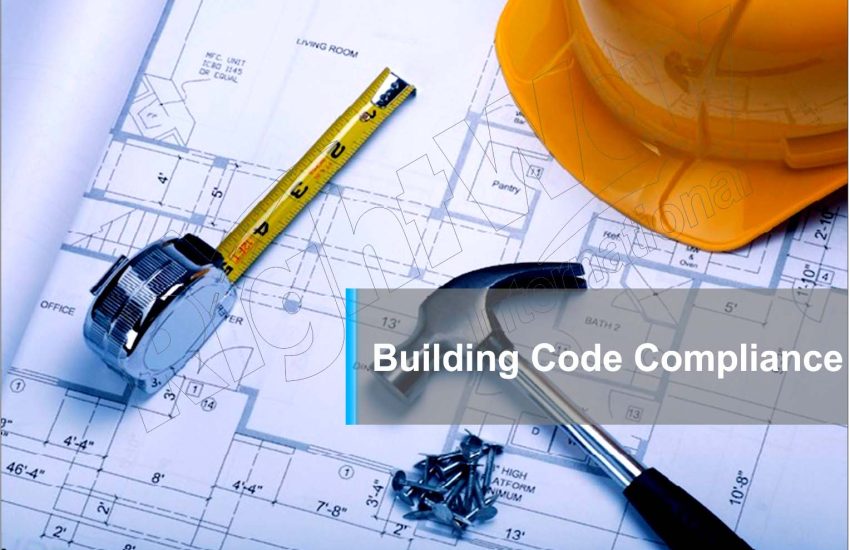Building code compliance is a fundamental aspect of construction and renovation that ensures the safety, health, and welfare of the public. Building codes are sets of regulations established by local, state, and federal authorities to govern the design, construction, and occupancy of buildings. This article explores the importance of building code compliance, the benefits it provides, and best practices for achieving adherence to these codes.
Importance of Building Code Compliance
- Safety and Health
- Building codes are designed to protect occupants from structural failures, fire hazards, and environmental hazards. Compliance helps ensure that buildings are safe for habitation.
- Legal Requirements
- Adhering to building codes is a legal requirement in most jurisdictions. Non-compliance can lead to fines, legal actions, and the potential for project delays or shutdowns.
- Insurance and Liability
- Many insurance policies require compliance with building codes. Failure to comply can result in denied claims or increased liability in the event of an accident or disaster.
- Market Value
- Properties built to code are often more attractive to buyers and investors, as compliance signifies quality and safety. This can enhance the market value of the property.
Benefits of Building Code Compliance
- Enhanced Safety
- Compliance reduces the risk of accidents, injuries, and fatalities associated with building failures or hazards.
- Energy Efficiency
- Many building codes now incorporate energy efficiency standards, promoting sustainable practices that can reduce utility costs and environmental impact.
- Improved Quality
- Following building codes typically results in higher construction standards, leading to more durable and reliable structures.
- Community Trust
- Ensuring compliance fosters public confidence in the safety and integrity of buildings, enhancing community trust in developers and contractors.
Best Practices for Achieving Compliance
- Stay Informed
- Builders, architects, and contractors should stay updated on local building codes and regulations, as they can change frequently. Regularly consult official resources and attend workshops or seminars.
- Engage Professionals
- Collaborate with licensed professionals, such as architects and engineers, who are knowledgeable about current codes and can help navigate complex requirements.
- Conduct Regular Inspections
- Implement a schedule for regular inspections throughout the construction process to identify and rectify compliance issues early.
- Documentation
- Maintain thorough documentation of all plans, permits, inspections, and compliance-related communications. This can be vital in demonstrating adherence to codes.
- Training and Education
- Invest in training for employees and contractors to ensure they understand building codes and their importance in the construction process.
Conclusion
Building Code Compliance is essential for ensuring the safety, integrity, and longevity of construction projects. By understanding the importance of these codes and implementing best practices for adherence, builders and contractors can protect public health and welfare while enhancing the value of their projects. Commitment to compliance not only meets legal requirements but also fosters trust and confidence within the community. Investing in building code compliance ultimately leads to safer, more resilient structures that benefit everyone.


